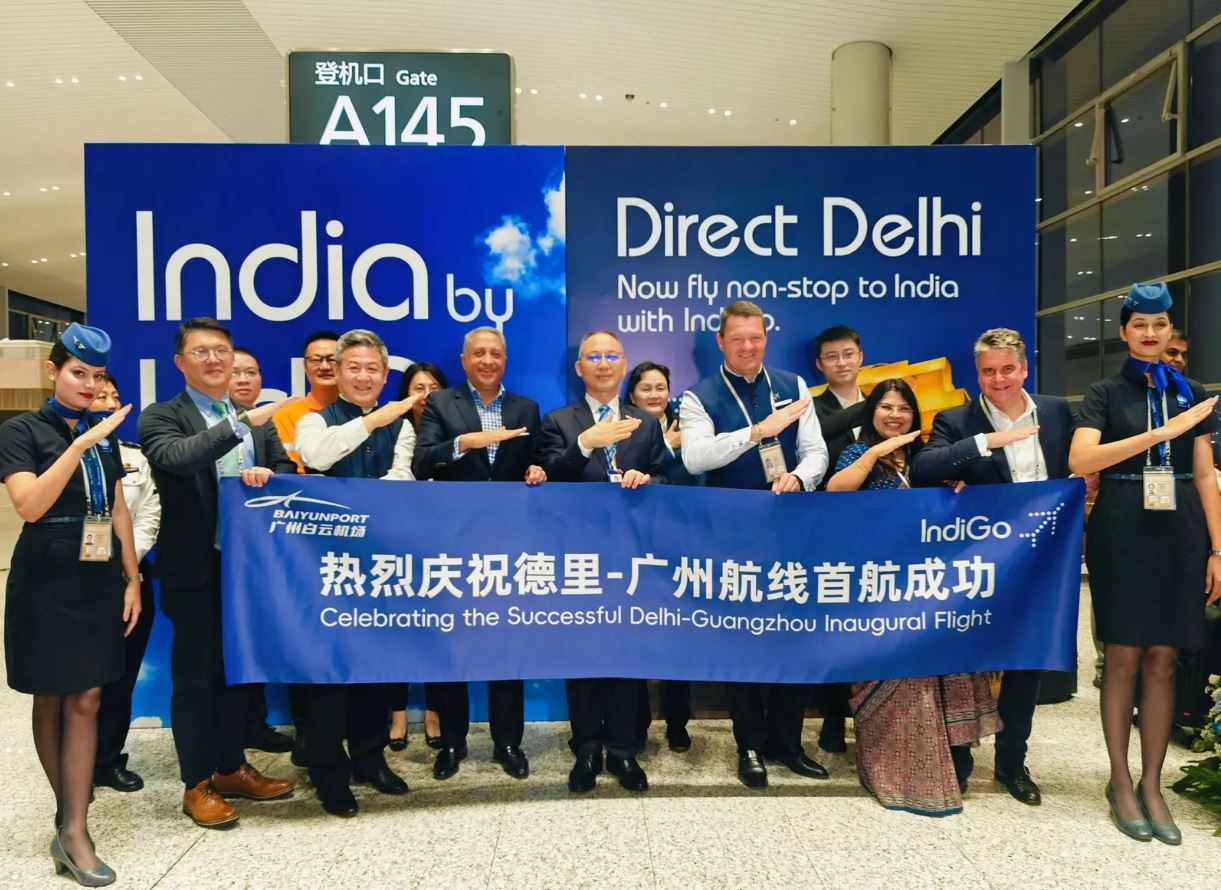1. Double Check Your Passport And Visa
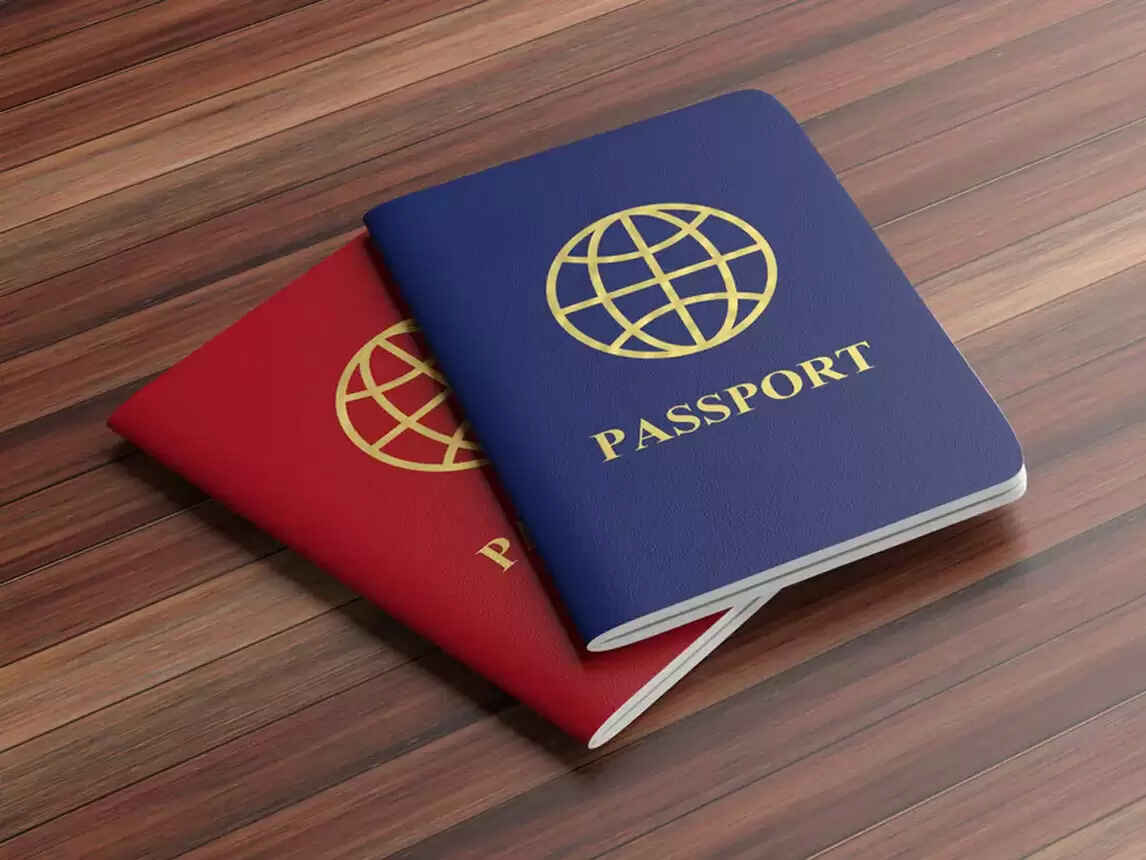
Your passport is the most important document of your journey. Before you book anything, make sure it is valid for at least six months beyond your return date. Many countries strictly enforce this rule and can deny entry if your passport is too close to expiry. Visa requirements vary greatly. Some destinations allow e visas or visa on arrival, while others demand weeks of processing. Begin this process early to avoid last minute panic. Carry physical photocopies in different bags and store digital scans in your email or a cloud service. This simple habit will save you in case of theft or loss.
2. Sort Out Your Money

Money management abroad requires foresight. Do not rely solely on your regular debit card because foreign transactions can be flagged as suspicious and blocked by your bank. Inform your bank in advance and enable international usage. Carry a combination of local currency for taxis or small shops, an international credit card for larger expenses, and a prepaid forex card for convenience and safety. These cards often provide better exchange rates and reduce the risk of carrying too much cash. Split your funds across wallets and bags so you always have a backup.
3. Get Travel Insurance Before You Fly
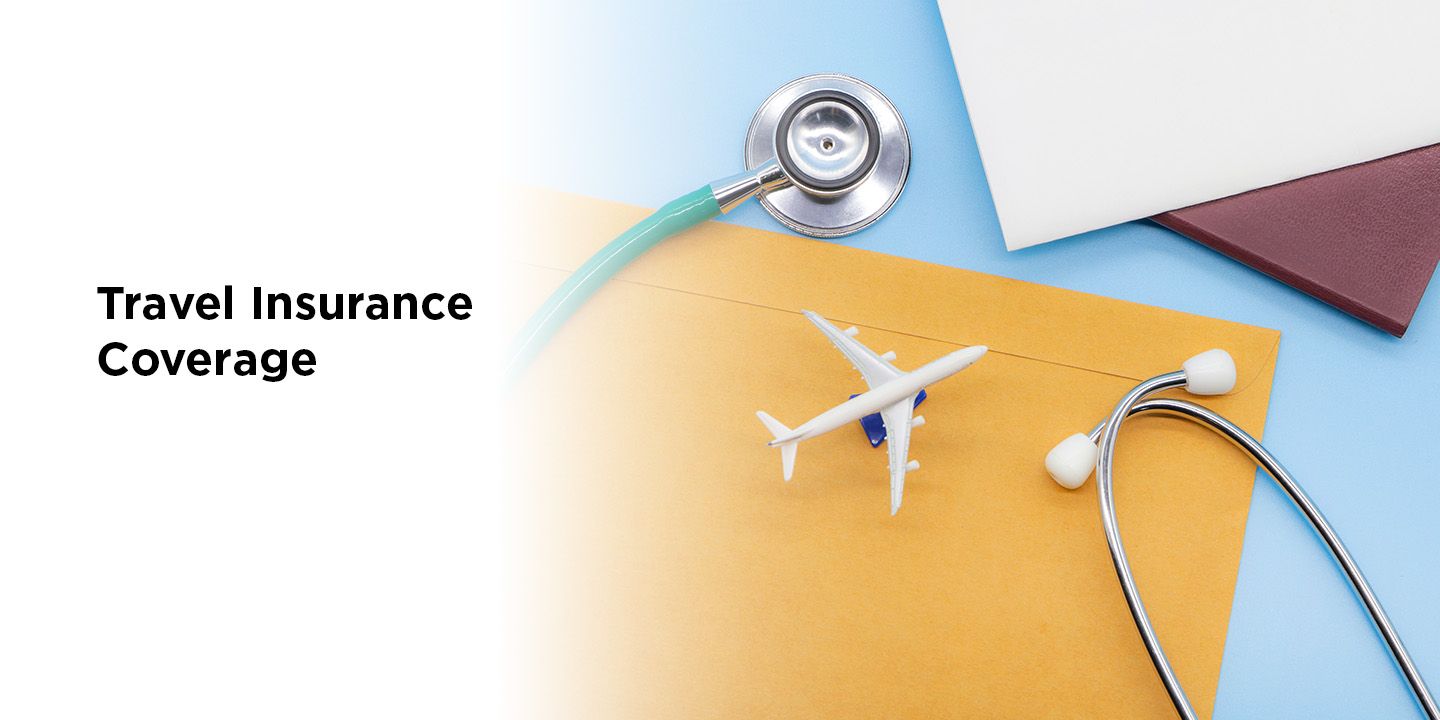
Travel insurance may seem like an optional add on but it is a lifeline in emergencies. Imagine losing your baggage, missing a connecting flight, or falling sick in a foreign country with expensive healthcare. Insurance covers all these situations and more. Compare policies online, read the fine print carefully, and choose a plan that balances cost with coverage. The small investment can save you thousands of rupees later and give you peace of mind to enjoy your holiday without worry.
4. Pack Smart And Travel Light
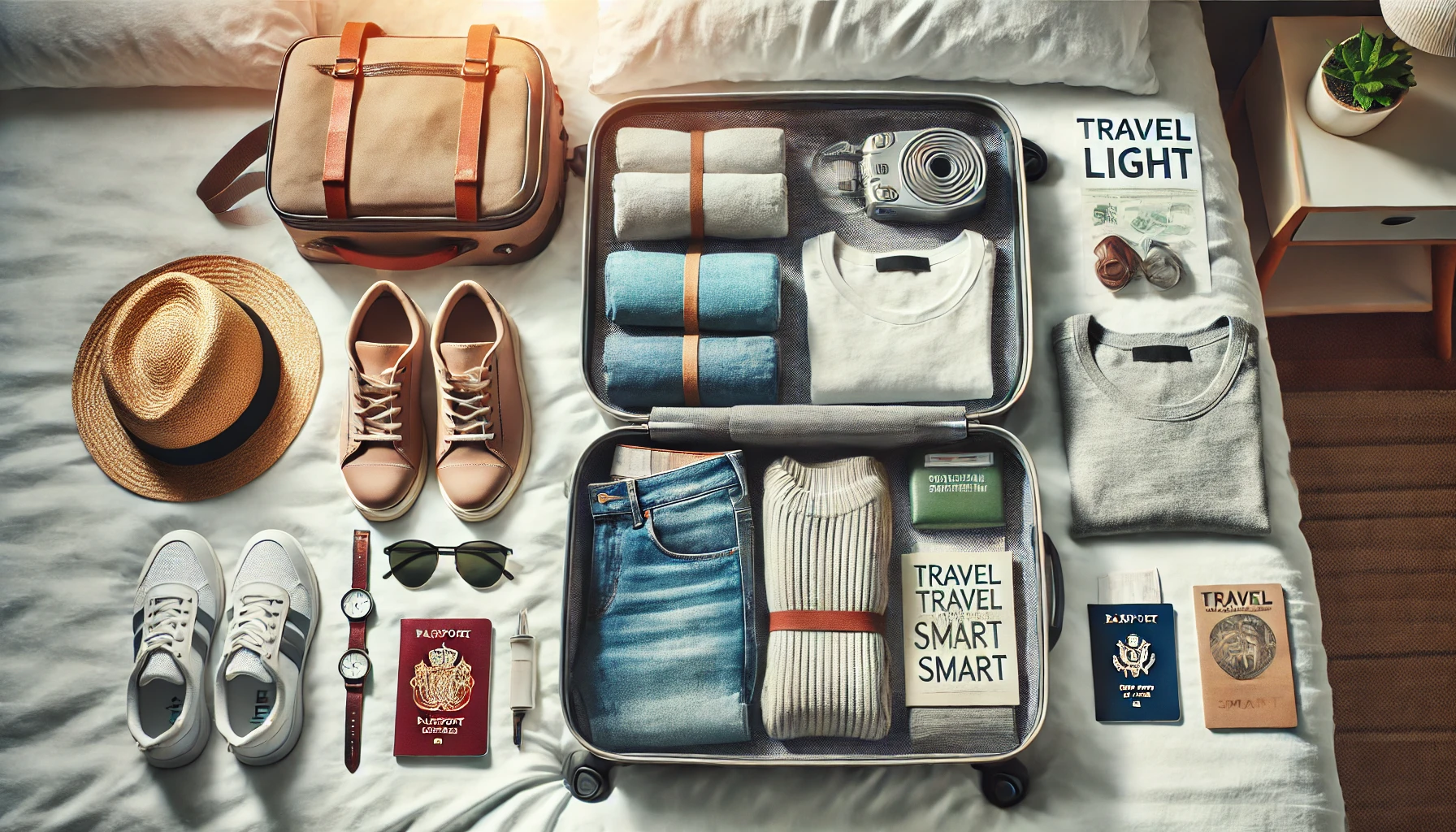
The temptation to pack everything you own is real, especially when travelling abroad for the first time. Resist it. Airlines often have stricter baggage allowances on international routes. Stick to versatile clothes that you can mix and match for different occasions. Shoes should be limited to two or three pairs that work for multiple outfits. Roll your clothes instead of folding them to save space. Always pack essentials such as medicines, chargers, headphones, and a change of clothes in your cabin bag in case your check in luggage goes missing. Smart packing is not just about saving space, it is about making your journey hassle free.
5. Learn Local Etiquette And Culture

Every country has unspoken cultural rules that are worth respecting. In Japan, silence on trains is appreciated. In the US, tipping is part of daily life. In Thailand, dress codes must be followed at temples. Research these small details before you arrive so you do not unintentionally offend locals. Learn a few basic phrases in the local language such as hello, thank you, and help. Even if your pronunciation is imperfect, people appreciate the effort and it often leads to warmer interactions. Respectful behaviour opens doors that even money cannot.
6. Stay Connected Without Extra Costs

International roaming charges can be shockingly high. Instead of returning home to a massive phone bill, plan your connectivity in advance. The easiest option is to buy a local SIM card on arrival. Alternatively, ask your service provider for an international roaming pack. Many airports also offer e SIMs that can be activated instantly. Download offline maps from Google Maps before your trip so you can navigate without the internet. Install translation apps and currency converters. Staying connected is not just about convenience, it is also about safety in an unfamiliar place.
7. Keep Documents Safe And Accessible
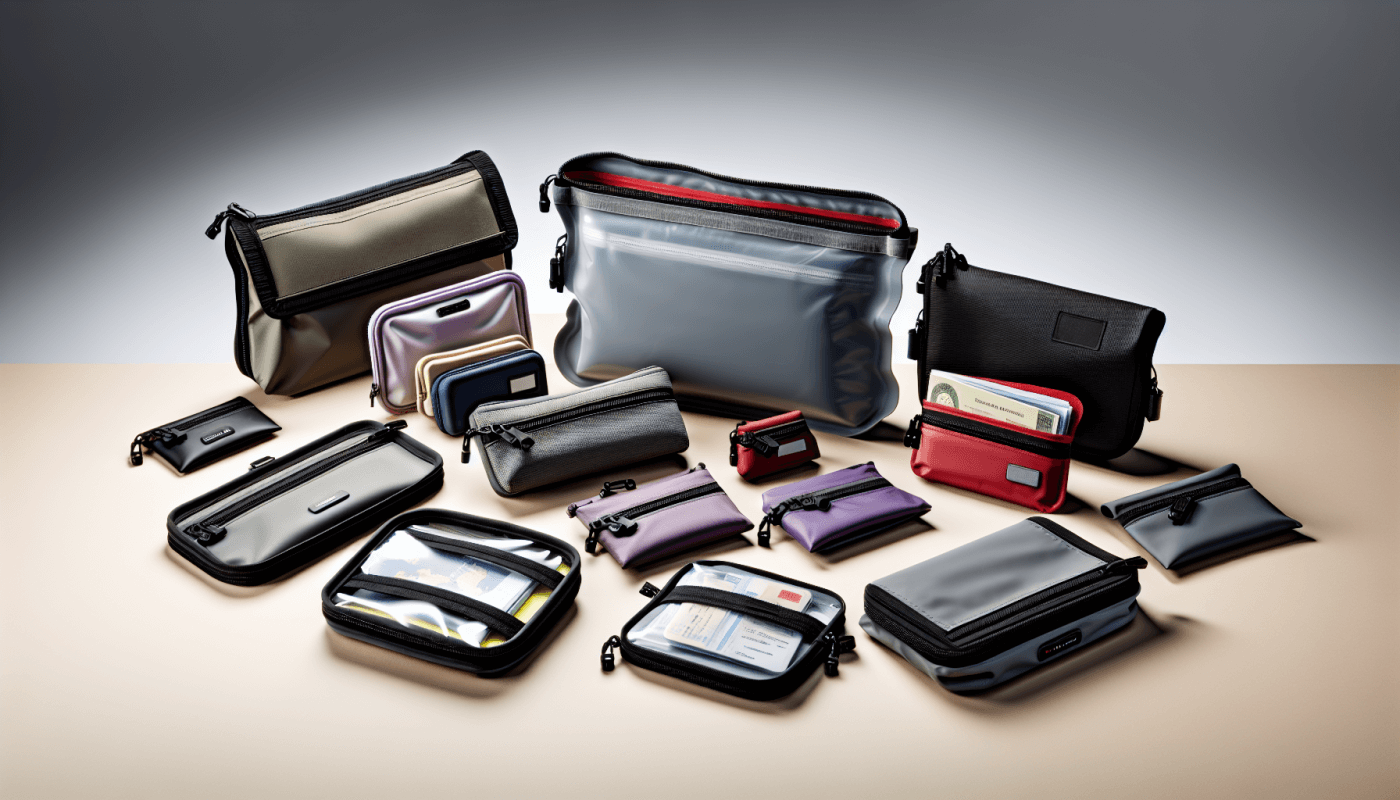
From immigration counters to hotel receptions, you will need your documents repeatedly. Store your passport, visa papers, travel insurance, and tickets in a secure but easily accessible travel wallet. Do not keep all originals in one place. Keep photocopies in your suitcase and save digital versions in the cloud. This reduces the risk of being stranded in case of theft or misplacement. A small preparation like this ensures smooth check ins and quick responses during emergencies.
8. Balance Planning With Flexibility

First time travellers often try to fit every landmark into their itinerary. While enthusiasm is good, over planning can turn your dream trip into an exhausting marathon. Aim for two main activities per day and leave time for unplanned experiences. Wandering through a street market, stumbling upon a local festival, or sipping coffee at a corner café can become the highlight of your trip. Flexibility allows room for serendipity, and those spontaneous moments often create the fondest memories.
Final Word
Your first international trip is a milestone. It is about more than sightseeing, it is about stepping out of your comfort zone, learning to adapt, and collecting stories that will stay with you for a lifetime. With the right preparation, you will travel not only with confidence but also with joy. So pack wisely, stay curious, and remember that the world is waiting for you with open arms.
Follow Travel Moves on Instagram and Facebook for more travel tips, guides, and destination stories that will inspire your next journey.









